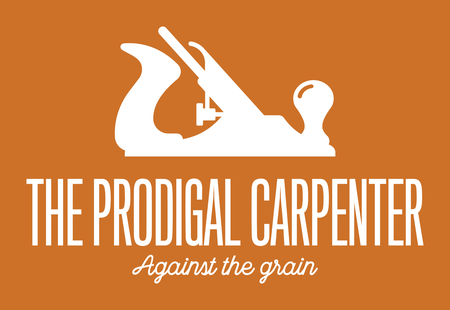We have several of our products including our cutting boards for sale at a local shop in our hometown of Cartersville GA. Recently a customer asked about the safety of the wood we used, particularly in our products that come in direct contact with food.
While all woods possess different qualities and many of them contain natural toxins that could be harmful, the primary threat of these toxins are to the woodworker and not the customer. Breathing in the wood dust which happens easily when cutting or sanding wood, poses the greatest risk of harm, primarily to the lungs and usually due to extended exposure;
however there are also reported allergic reactions of nausea or sensitivity of the skin or eye. (Again, these rare reactions are generally only found with prolonged exposure to the wood during the process of sawing, sanding, etc)
But how does that affect the customer? Because people can be allergic to almost anything we would be naive to say our wood products are 100% food safe for everyone.
We use a variety of woods from the standard maple & cherry to black walnut all the way up to the “exotic” woods (meaning imported) that have the stunning colors like purple heart, padauk and bubinga.
The exotic woods have been questioned mainly because these woods contain natural oils which some are allergic to. Although the possibility exists, it would be quite rare for food to sit on a cutting board long enough for a sufficient amount of this oil to “leach” into the food in order to cause illness.
Here’s an excerpt from one of our resources: "Despite the very long list of woods below, very few woods are actually toxic in and of themselves. But what a great number of woods do have the potential to do is cause allergic reactions in sensitive individuals. This risk for finished wood projects is greatly lessened (but not eliminated) with the application of a food-safe finish." See: http://www.wood-database.com/wood-articles/wood-allergies-and-toxicity/
That said, the wood we use is safe for food contact based on the following:
- Our wood is sourced from a local, licensed, and reputable lumber supplier.
- “Lethal” chemicals are rarely found in natural wood available on the commercial market.
- The majority of harmful chemicals in plants and trees are found in the bark or sap.
- All of our products are finished with either food safe mineral oil combined with beeswax or Salad Bowl Finish (SBF) which has been cured and thus “food safe.” (Our blog post dated 5/15/17 titled “End Grain Cutting Board Finishes” provides in depth details of our process).
We believe that natural wood products are in fact safer than many alternatives (like plastic) and stand by each of our pieces (please see our blog on 2/27/17 titled “How Safe Is Your Cutting Board”).
Our desire is that our customers are not only satisfied with our products but also informed so we have included several sources of wood experts below.
And if you have questions about a specific product or finish.... you can always email us at theprodigalcarpenter@gmail.com.
Are "Exotic" Woods Food Safe?






Leave a comment